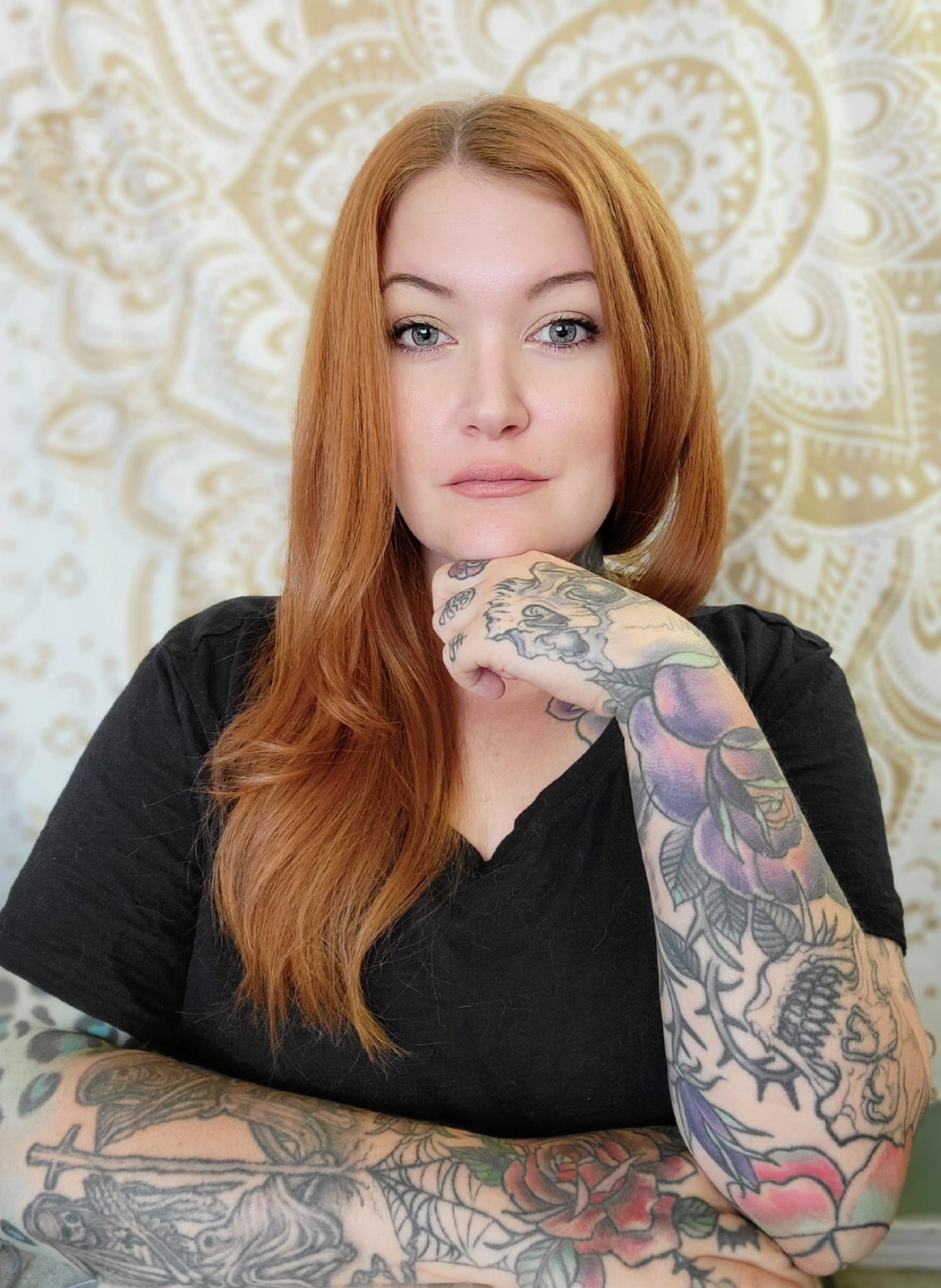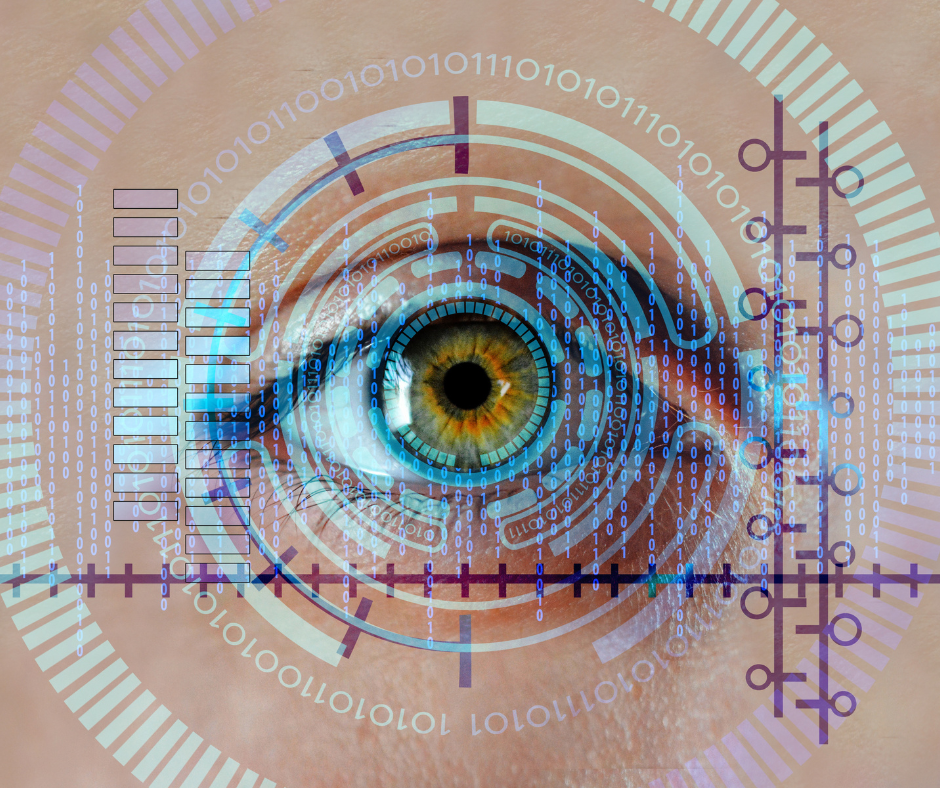Think about it: we live in a world built for able-bodied people. Buildings without ramps. Elevators missing braille buttons. Events planned in spaces some people can't access. These aren't just inconveniences – they're messages saying "you don't belong here."
Living with rheumatoid arthritis means navigating a maze of other people's assumptions. Some days are good, some days I can barely move, and that's what throws people off. They can't wrap their heads around a disability they can't see. "But you don't look sick," they say, or my personal favorite, "You're too young for arthritis!" As if chronic illness checks ID at the door.
The comments pile up like a greatest hits album of ignorance:
"Just push through it."
"It's all in your head."
"If you tried this miracle cure..."
"I know someone who has that, and they're fine!"
Each one stings a little more than the last.
Sometimes the ableism gets ugly. Like the "friend" who thought it was hilarious to yell "let the cripple through!" at a concert. Or the guy who deliberately licked his finger and touched my sweater during the pandemic after I asked for space. These weren't just moments of thoughtlessness – they were acts of cruelty dressed up as jokes.
The hardest part? The voice in my own head. That internalized ableism that whispers I'm somehow less worthy because my body works differently now. It's tough not to compare yourself to healthy people your age, not to feel guilty when you have to cancel plans again because your joints are screaming.
Arthritis is the leading cause of long-term disability worldwide, with over 200 different types affecting people of all ages. Yet the stereotypes persist. People assume it's just an old person's disease, a little joint pain that some ibuprofen will fix. They don't see the brain fog, the bone-deep fatigue, the daily calculations of energy expenditure that would put a mathematician to shame.
But here's the thing: staying quiet won't change anything. We need to talk about ableism – not just in whispered conversations among the disabled community, but out loud, in spaces where it matters. Because until we do, people will keep designing buildings without thinking about accessibility, planning events without considering inclusion, and making assumptions about what disability looks like.
I didn't choose to join the disabled community, but I can choose to speak up. To challenge the assumptions. To remind people that disability doesn't fit neatly into their preconceptions. Because the world isn't divided into "able" and "disabled" – it's a spectrum we all move along throughout our lives.
So next time you catch yourself making assumptions about someone's abilities, pause. Remember that disabilities don't always come with visible signs. Remember that your temporary convenience – like parking in a disabled spot "just for a minute" – could be making someone else's life unnecessarily harder.
Change starts with awareness. It grows with understanding. And it flourishes when we all decide to do better.








